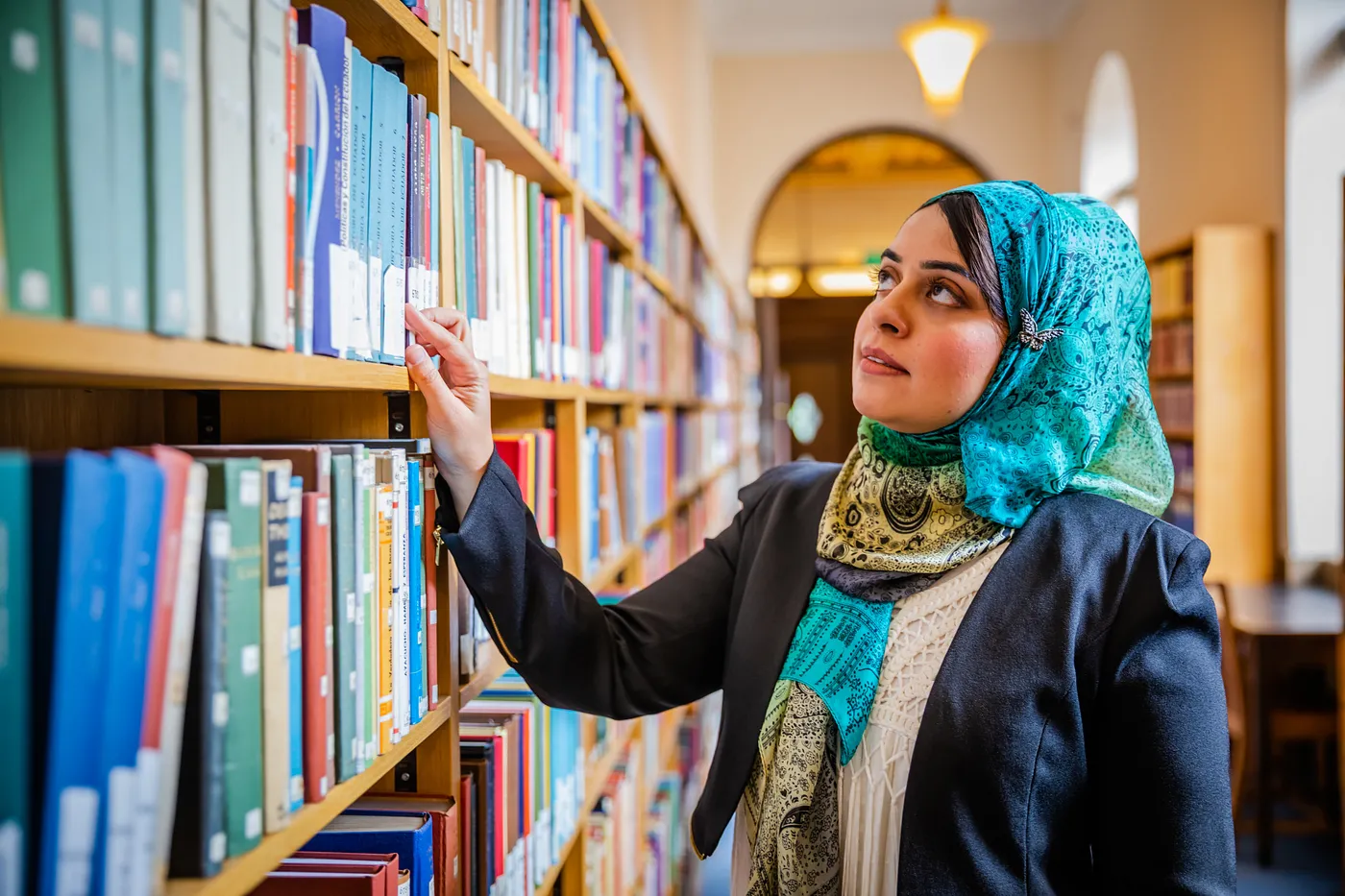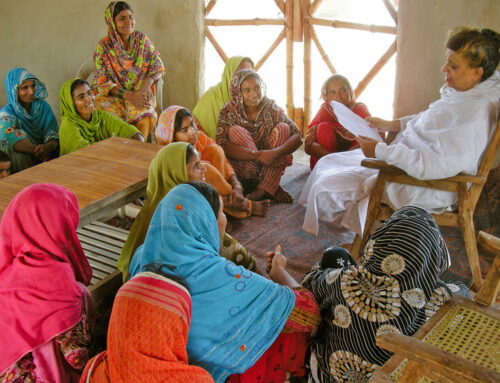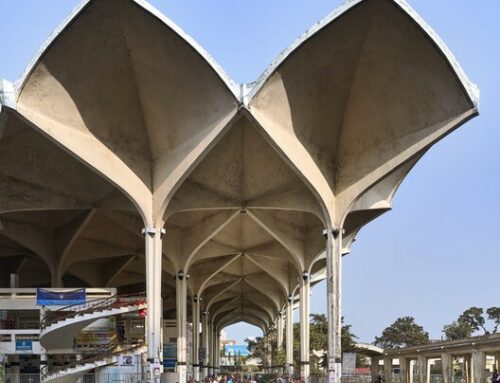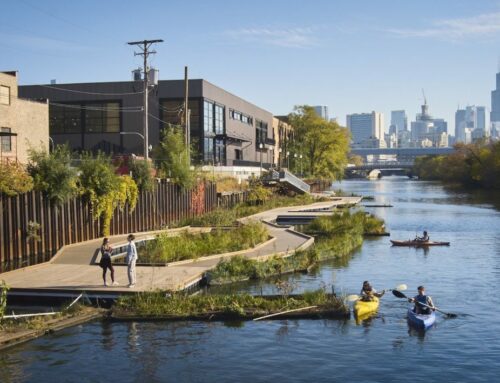In this article, Rihab Khalid discusses her research on how cities are gendered and how men and women use energy differently in Pakistan, India, Nigeria, and Ghana, finding three important components to energy usage differences. The first component of Khalid’s research finds that there is a gap in gender-specific data that tells us how and when women use energy. The second component is that women are underrepresented within the energy field and account for as little as 22% of energy workers. Lastly, even when energy policies attempt to be gender neutral, they still often marginalize women’s energy needs. For example, Khalid cites power outages as having a greater impact on a woman’s daily routine as opposed to a man’s, as women still do the vast majority of unpaid domestic work. Furthermore, Khalid discusses the importance of including gender in urban planning and development as women face numerous difficulties in urban spaces, such as not having access to or feeling safe on public transit. Khalid closes by emphasizing the connection between energy, gender, and space and how their interactions must be considered in order to create better sustainable cities.
Photo Credit: N/A







